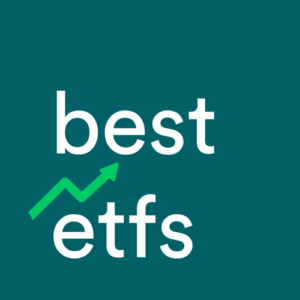Getting exposure to the International shares sector has never been easier thanks to ASX ETFs like the iShares MSCI South Korea Capped Index ETF (ASX: IKO). That said, no matter how easy it seems to be, we think it’s still important to do your own ETF review.
How the IKO ETF could be used in portfolios
The iShares IKO ETF provides investors with exposure to the performance of the large and mid-cap segments of the Korean stock market.
IKO exceeds our minimum market cap (FUM) criteria
The iShares IKO ETF had $100.7 million of money invested when we last pulled the monthly numbers. Given IKO’s total funds under management (FUM) figure is over $100 million, the ETF has met our minimum criteria for the total amount of money invested, otherwise known as FUM. We draw the line at $100 million for ETFs in the International shares sector because we believe that relative to smaller ETFs, achieving this amount of FUM de-risks the ETF.
IKO’s fees & costs explained
iShares charges investors a yearly management fee of 0.63% for the IKO ETF. This means that if you invested $2,000 in IKO for a full year, you could expect to pay management fees of around $12.60.
For context, the average management fee (MER) of all ETFs covered by Best ETFs Australia on our complete list of ASX ETFs is 0.51% or around $10.20 per $2,000 invested. Keep in mind, small changes in fees can make a big difference after 10 or 20 years.
Bottom line
This is just a quick overview of the IKO ETF. Before ‘testing the depth of water with both feet’ so to speak, be sure to read the IKO ETF’s Product Disclosure Statement (PDS), available on the iShares website, or speak to your financial adviser. For another handy resource, take a look at our iShares IKO report. You can also use our complete list of ASX ETFs to search for a few different ETFs in the sector and conduct a side-by-side comparison using everything you’ve learned here.
[ls_content_block id=”4954″ para=”paragraphs”]




